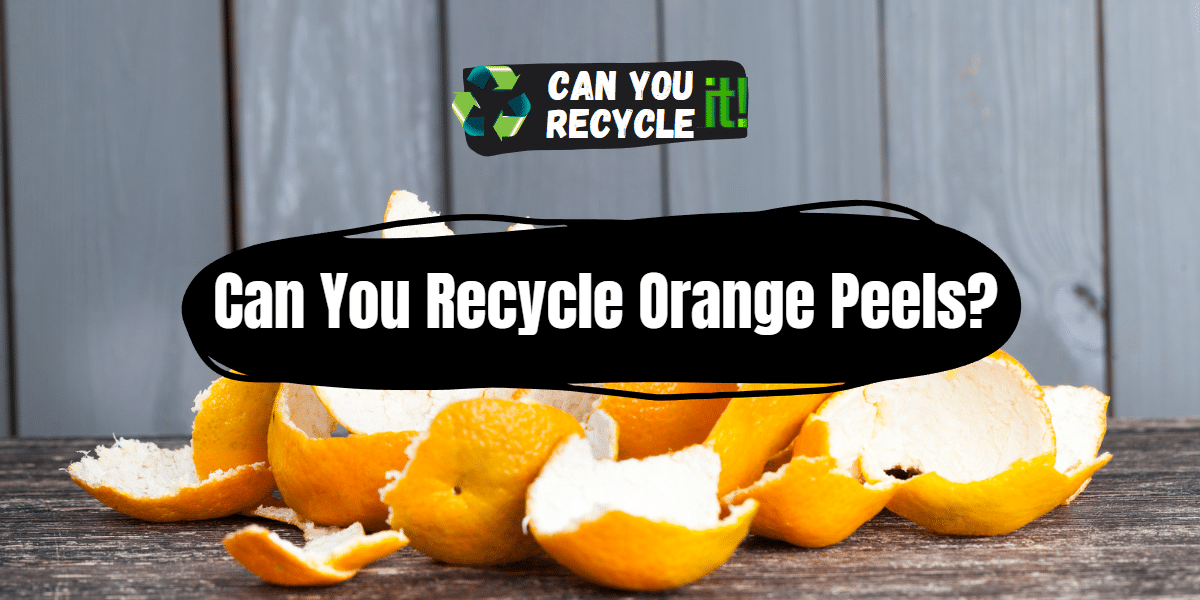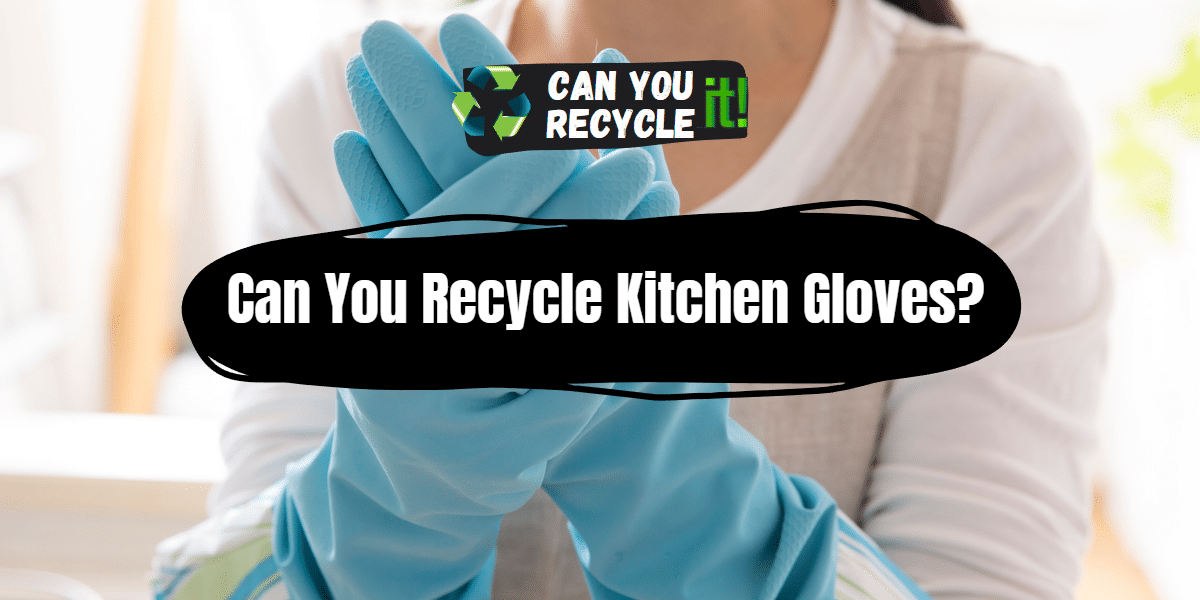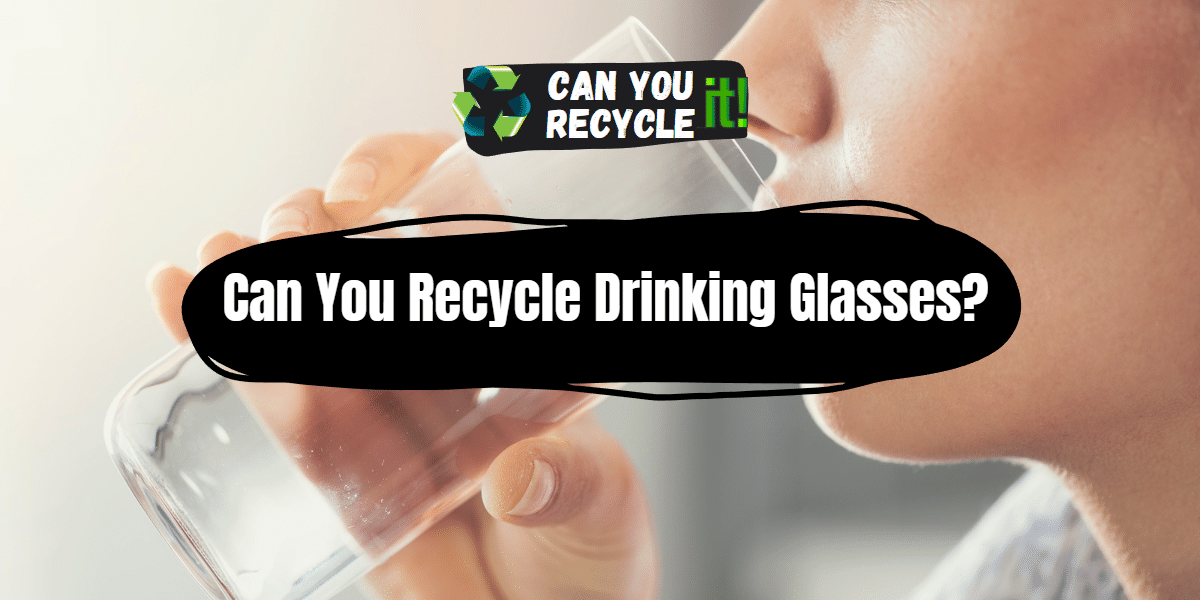The answer to whether orange peels can be recycled is not a straightforward “yes” or “no.” The recycling options for orange peels may vary depending on your local recycling facilities and processes. While some recycling programs accept organic waste like orange peels for composting, others may not have specific provisions for them. Let’s delve deeper into the dos and don’ts of recycling orange peels to make an informed decision.
Orange peels, the zesty remnants of citrus indulgence, often find their way into our trash bins. But have you ever wondered if there’s a better way to handle these vibrant peels? In this article, we will explore the possibilities of recycling orange peels. From understanding the answer to the question “Can you recycle orange peels?” to discovering dos and don’ts, a step-by-step guide, alternative uses, environmental impacts, FAQs, and final thoughts, we’ll embark on a journey to unlock the potential of these citrus wonders.
Table of Contents
Do’s and Don’ts
Dos
- Do: Compost your orange peels. If your community or household has a composting program, orange peels can be added to the organic waste stream, where they will break down and contribute to nutrient-rich compost.
- Do: Use orange peels for DIY cleaning solutions. The natural acidity and pleasant aroma of orange peels make them excellent ingredients for creating homemade cleaners that are both effective and environmentally friendly
- Do: Explore creative uses for orange peels. From making candied peels and infused oils to using them as natural air fresheners or adding zest to culinary creations, orange peels can find a multitude of alternative purposes.
Don’ts
- Don’t: Throw orange peels in the regular trash. When orange peels end up in landfills, they generate methane, a potent greenhouse gas. By diverting them from landfills, you can help reduce greenhouse gas emissions.
- Don’t: Dump orange peels in natural environments. While orange peels may decompose in nature, it’s essential to avoid disposing of them in sensitive ecosystems, as this can disrupt natural processes.
A 5-Step Guide to Recycling Orange Peels
Follow these steps to effectively recycle orange peels and give them a second life:
Step 1
Collect and Store
Collect orange peels from your consumption or cooking activities. Rinse them to remove any residues and store them in a designated container until you’re ready to proceed.
Step 2
Composting
Check if your local waste management or municipality offers composting services. If they do, add the orange peels to the organic waste bin or compost pile. Remember to follow any specific guidelines provided.
Step 3
DIY Cleaners
Harness the cleaning power of orange peels by creating homemade citrus cleaners. Infuse vinegar or oils with orange peels to make natural, non-toxic cleaning solutions for various household surfaces.
Step 4
Alternative Uses
Explore creative uses for orange peels. From making candied peels as a delightful snack to using them to enhance the aroma of your living spaces, orange peels can be repurposed in numerous ways.
Step 5
Share and Educate
Spread the word about the benefits of recycling orange peels. Encourage others to compost or find alternative uses for their orange peels, promoting sustainability and reducing waste.
What to Do with Orange Peels That Cannot Be Recycled
In some cases, recycling or repurposing orange peels may not be feasible. Here are a few options to consider:
- Biodegradable Disposal: If composting facilities are unavailable, you can dispose of orange peels in biodegradable waste bins or directly into the soil in your garden, allowing them to decompose naturally.
- Animal Feed: Some animals, like chickens or pigs, can consume orange peels as part of their diet. Ensure the peels are free from any chemicals or pesticides before offering them as animal feed.
- Natural Pest Repellent: The oils present in orange peels can act as natural insect deterrents. Place orange peels near plants or areas prone to pests to help keep them at bay.
Environmental Impact of Recycling Orange Peels
Recycling orange peels through composting offers several environmental benefits:
- Reduced Landfill Waste: Diverting orange peels from landfills helps reduce the amount of organic waste that contributes to methane emissions, a potent greenhouse gas.
- Nutrient-Rich Compost: Composted orange peels enrich the soil with valuable nutrients, enhancing its fertility and promoting healthier plant growth.
- Sustainable Agriculture: The compost produced from recycled orange peels can be used in organic farming practices, reducing the reliance on chemical fertilizers and supporting sustainable agriculture.
FAQs for Can You Recycle Orange Peels
Can I compost orange peels at home?
Yes, orange peels can be composted at home if you have a composting system in place. Ensure proper balance with other compostable materials for optimal decomposition.
Are orange peels safe for pets?
Orange peels are generally safe for pets in small quantities. However, consult with a veterinarian to ensure they won’t pose any risks to your specific pet’s health.
Can I use orange peels for cooking?
Yes, orange peels can be used for cooking. However, ensure they are thoroughly washed, organic, and free from any harmful chemicals or wax coatings.
Conclusion and final thoughts 💭
Recycling orange peels goes beyond the conventional notion of recycling. By composting or finding alternative uses for these citrus wonders, we can reduce waste, promote sustainability, and unleash their potential. Embrace the versatility of orange peels, experiment with new ideas, and inspire others to join in the effort of making the most out of these vibrant remnants. Let’s make a positive impact on our environment, one orange peel at a time.





Leave a Reply